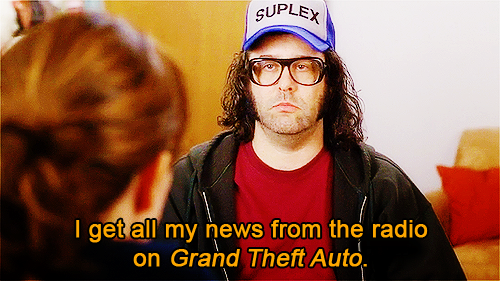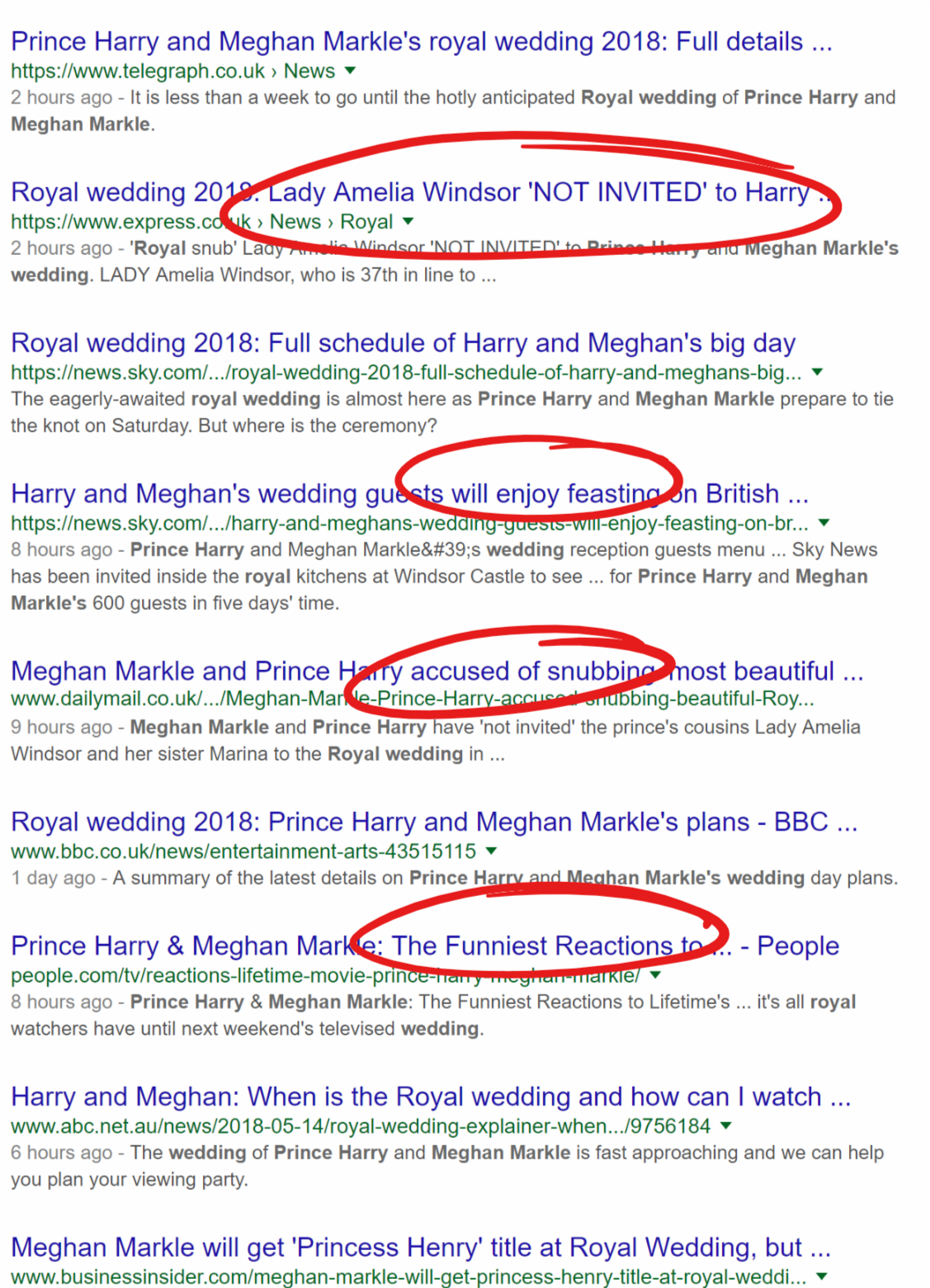A new study debunks a common myth.
The Democratic presidential candidates have revived the anti-police rhetoric of the Obama years. Joe Biden’s criminal-justice plan promises that after his policing reforms, black mothers and fathers will no longer have to fear when their children “walk[] the streets of America” — the threat allegedly coming from cops, not gangbangers. President Barack Obama likewise claimed during the memorial for five Dallas police officers killed by a Black Lives Matter–inspired assassin in July 2016 that black parents were right to fear that their child could be killed by a police officer whenever he “walks out the door.” South Bend mayor Pete Buttigieg has said that police shootings of black men won’t be solved “until we move policing out from the shadow of systemic racism.” Beto O’Rourke claims that the police shoot blacks “solely based on the color of their skin.”
A new study published in the Proceedings of the National Academy of Sciences demolishes the Democratic narrative regarding race and police shootings, which holds that white officers are engaged in an epidemic of racially biased shootings of black men. It turns out that white officers are no more likely than black or Hispanic officers to shoot black civilians. It is a racial group’s rate of violent crime that determines police shootings, not the race of the officer. The more frequently officers encounter violent suspects from any given racial group, the greater the chance that members of that racial group will be shot by a police officer. In fact, if there is a bias in police shootings after crime rates are taken into account, it is against white civilians, the study found.
The authors, faculty at Michigan State University and the University of Maryland at College Park, created a database of 917 officer-involved fatal shootings in 2015 from more than 650 police departments. Fifty-five percent of the victims were white, 27 percent were black, and 19 percent were Hispanic. Between 90 and 95 percent of the civilians shot by officers in 2015 were attacking police or other citizens; 90 percent were armed with a weapon. So-called threat-misperception shootings, in which an officer shoots an unarmed civilian after mistaking a cellphone, say, for a gun, were rare.
Earlier studies have also disproven the idea that white officers are biased in shooting black citizens. The Black Lives Matter narrative has been impervious to the truth, however. Police departments are under enormous political pressure to hire based on race, despite existing efforts to recruit minorities, on the theory that doing so will decrease police shootings of minorities. Buttigieg came under fire from his presidential rivals for not having more black officers on the South Bend force after a white officer killed a black suspect this June. (The officer had responded to a 911 call about a possible car-theft suspect, saw a man leaning into a car, and shot off two rounds after the man threatened him with a knife.)
The Obama administration recommended in 2016 that police departments lower their entry standards in order to be able to qualify more minorities for recruitment. Departments had already been deemphasizing written exams or eliminating requirements that recruits have a clean criminal record, but the trend intensified thereafter. The Baltimore Police Department changed its qualifying exam to such an extent that the director of legal instruction in the Baltimore Police Academy complained in 2018 that rookie officers were being let out onto the street with little understanding of the law. Mr. Biden’s criminal-justice plan would require police hiring to “mirror the racial diversity” of the local community as a precondition of federal funding.
This effort to increase minority representation will not reduce racial disparities in shootings, concludes the PNAS study, since white officers are not responsible for those disparities; black crime rates are. Moreover, lowered hiring standards risk bad police work and corruption. A 2015 Justice Department study of the Philadelphia Police Department found that black officers were 67 percent more likely than white officers to mistakenly shoot an unarmed black suspect; Hispanic officers were 145 percent more likely than white officers to mistakenly shoot an unarmed black suspect. Whether lowered hiring standards are responsible for those disparities was not addressed.
The persistent belief that we are living through an epidemic of racially biased police shootings is a creation of selective reporting. In 2015, the year the PNAS study addressed, the white victims of fatal police shootings included a 50-year-old suspect in a domestic assault in Tuscaloosa, Ala., who ran at the officer with a spoon; a 28-year-old driver in Des Moines, Iowa, who exited his car and walked quickly toward an officer after a car chase; and a 21-year-old suspect in a grocery-store robbery in Akron, Ohio, who had escaped on a bike and who did not remove his hand from his waistband when ordered to do so. Had any of these victims been black, the media and activists would probably have jumped on their stories and added their names to the roster of victims of police racism. Instead, because they are white, they are unknown.
The “policing is racist” discourse is poisonous. It exacerbates anti-cop tensions in minority communities and makes cops unwilling to engage in the proactive policing that can save lives. Last month, viral videos of pedestrians in Harlem, the Bronx, and Brooklyn assaulting passive New York Police Department officers showed that hostility toward the police in inner-city neighborhoods remains at dangerous levels.
The anti-cop narrative deflects attention away from solving the real criminal-justice problem, which is high rates of black-on-black victimization. Blacks die of homicide at eight times the rate of non-Hispanic whites, overwhelmingly killed not by cops, not by whites, but by other blacks. The Democratic candidates should get their facts straight and address that issue. Until they do, their talk of racial justice will ring hollow.
This piece originally appeared at National Review Online
The Democratic presidential candidates have revived the anti-police rhetoric of the Obama years. Joe Biden’s criminal-justice plan promises that after his policing reforms, black mothers and fathers will no longer have to fear when their children “walk[] the streets of America” — the threat allegedly coming from cops, not gangbangers. President Barack Obama likewise claimed during the memorial for five Dallas police officers killed by a Black Lives Matter–inspired assassin in July 2016 that black parents were right to fear that their child could be killed by a police officer whenever he “walks out the door.” South Bend mayor Pete Buttigieg has said that police shootings of black men won’t be solved “until we move policing out from the shadow of systemic racism.” Beto O’Rourke claims that the police shoot blacks “solely based on the color of their skin.”
A new study published in the Proceedings of the National Academy of Sciences demolishes the Democratic narrative regarding race and police shootings, which holds that white officers are engaged in an epidemic of racially biased shootings of black men. It turns out that white officers are no more likely than black or Hispanic officers to shoot black civilians. It is a racial group’s rate of violent crime that determines police shootings, not the race of the officer. The more frequently officers encounter violent suspects from any given racial group, the greater the chance that members of that racial group will be shot by a police officer. In fact, if there is a bias in police shootings after crime rates are taken into account, it is against white civilians, the study found.
The authors, faculty at Michigan State University and the University of Maryland at College Park, created a database of 917 officer-involved fatal shootings in 2015 from more than 650 police departments. Fifty-five percent of the victims were white, 27 percent were black, and 19 percent were Hispanic. Between 90 and 95 percent of the civilians shot by officers in 2015 were attacking police or other citizens; 90 percent were armed with a weapon. So-called threat-misperception shootings, in which an officer shoots an unarmed civilian after mistaking a cellphone, say, for a gun, were rare.
Earlier studies have also disproven the idea that white officers are biased in shooting black citizens. The Black Lives Matter narrative has been impervious to the truth, however. Police departments are under enormous political pressure to hire based on race, despite existing efforts to recruit minorities, on the theory that doing so will decrease police shootings of minorities. Buttigieg came under fire from his presidential rivals for not having more black officers on the South Bend force after a white officer killed a black suspect this June. (The officer had responded to a 911 call about a possible car-theft suspect, saw a man leaning into a car, and shot off two rounds after the man threatened him with a knife.)
The Obama administration recommended in 2016 that police departments lower their entry standards in order to be able to qualify more minorities for recruitment. Departments had already been deemphasizing written exams or eliminating requirements that recruits have a clean criminal record, but the trend intensified thereafter. The Baltimore Police Department changed its qualifying exam to such an extent that the director of legal instruction in the Baltimore Police Academy complained in 2018 that rookie officers were being let out onto the street with little understanding of the law. Mr. Biden’s criminal-justice plan would require police hiring to “mirror the racial diversity” of the local community as a precondition of federal funding.
This effort to increase minority representation will not reduce racial disparities in shootings, concludes the PNAS study, since white officers are not responsible for those disparities; black crime rates are. Moreover, lowered hiring standards risk bad police work and corruption. A 2015 Justice Department study of the Philadelphia Police Department found that black officers were 67 percent more likely than white officers to mistakenly shoot an unarmed black suspect; Hispanic officers were 145 percent more likely than white officers to mistakenly shoot an unarmed black suspect. Whether lowered hiring standards are responsible for those disparities was not addressed.
The persistent belief that we are living through an epidemic of racially biased police shootings is a creation of selective reporting. In 2015, the year the PNAS study addressed, the white victims of fatal police shootings included a 50-year-old suspect in a domestic assault in Tuscaloosa, Ala., who ran at the officer with a spoon; a 28-year-old driver in Des Moines, Iowa, who exited his car and walked quickly toward an officer after a car chase; and a 21-year-old suspect in a grocery-store robbery in Akron, Ohio, who had escaped on a bike and who did not remove his hand from his waistband when ordered to do so. Had any of these victims been black, the media and activists would probably have jumped on their stories and added their names to the roster of victims of police racism. Instead, because they are white, they are unknown.
The “policing is racist” discourse is poisonous. It exacerbates anti-cop tensions in minority communities and makes cops unwilling to engage in the proactive policing that can save lives. Last month, viral videos of pedestrians in Harlem, the Bronx, and Brooklyn assaulting passive New York Police Department officers showed that hostility toward the police in inner-city neighborhoods remains at dangerous levels.
The anti-cop narrative deflects attention away from solving the real criminal-justice problem, which is high rates of black-on-black victimization. Blacks die of homicide at eight times the rate of non-Hispanic whites, overwhelmingly killed not by cops, not by whites, but by other blacks. The Democratic candidates should get their facts straight and address that issue. Until they do, their talk of racial justice will ring hollow.
This piece originally appeared at National Review Online
Research:






